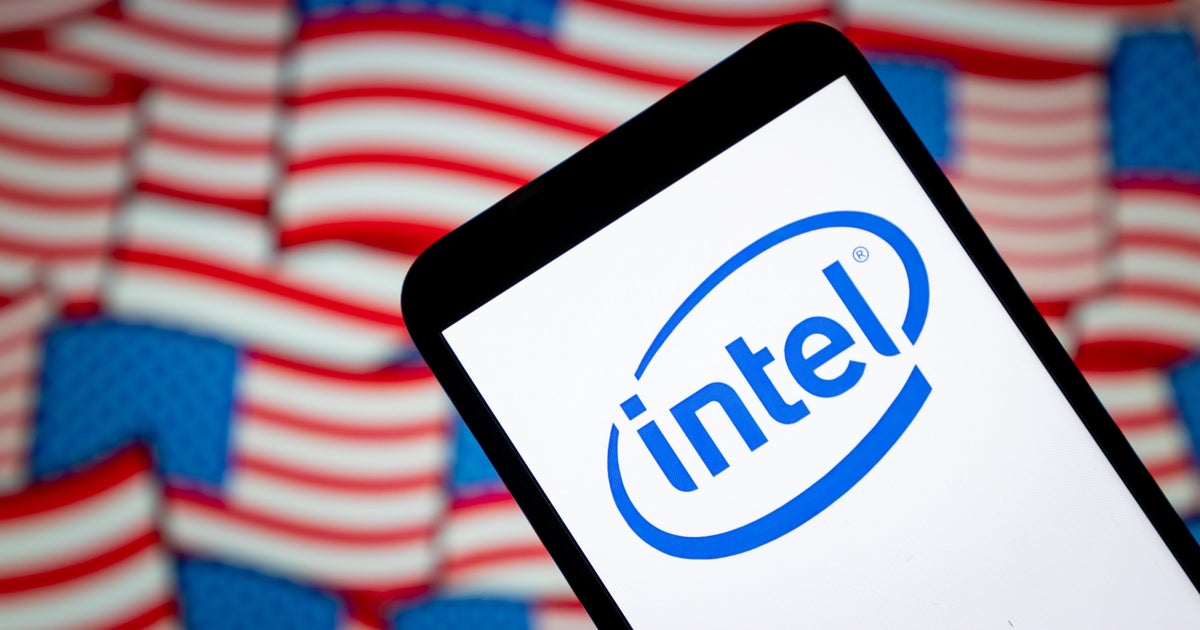In a notable and controversial move, the Trump administration has acquired a 10% stake in the giant chip maker, Intel. This government action comes after President Trump’s overt pressure on Intel’s CEO to step down, followed by a far-reaching announcement that shocked many, particularly as it seemed to align with Trump’s strategies on national economic policy. This acquisition, while criticized widely, is defended by Trump and his administration as a strategic push to bolster domestic chip production and lessen the United States’ reliance on foreign semiconductor technology, particularly from China.
The move has not been warmly received from various political and economic quarters, with backlash coming surprisingly heavy from conservative ranks. The primary concern among critics is that such robust government intervention in private enterprise signals a heavy-handed regulatory and potentially detrimental approach to free enterprise, traditionally championed by conservatives themselves. The criticism points towards a fear of promoting government overreach akin to socialist or communist governance frameworks, thus disrupting the free market dynamics.
Kevin Hassett, the director of the White House National Economic Council, further compounded anxieties about the scope of government intervention in private enterprise with his comments in an interview with CNBC. Hassett indicated that the Intel acquisition perhaps marks just the beginning of a broader strategy where the U.S. government might consider similar stakes in other companies across various sectors, not just in technology.
This declaration resulted in an immediate uproar across social media and other platforms, with prominent individuals expressing their dismay and concern about the implications of such a noted shift in policy. Adam Posen, president of the Petersen Foundation for International Economics, sharply criticized Hassett’s insinuations, likening the scenario to a dystopian overthrow of capitalist principles as portrayed in satirical works like George Orwell’s ‘Animal Farm’.
Daniel Di Martino, a fellow at the Manhattan Institute, warned of an environment where corporations will tend to slack, knowing the government’s financial intervention would bail them out irrespective of their performance. This would, per Di Martino, inevitably lead to operational inefficiencies and financial loss, ultimately borne by taxpayers. Erick Erikson, a noted conservative talk show host, also chimed in articulating that endorsing this form of government intervention regardless of partisan politics effectively nudges the system closer to socialism.
The administration’s decision is rooted in a broader narrative of reducing America’s tech dependency on foreign semiconductor production—a concern exacerbated by heightened geopolitical tensions and competition, especially with China. Trump believes the acquisition will empower the U.S to sustain its competitive advantage in critical areas like Artificial Intelligence, a sector where U.S companies like Nvidia and AMD are already positioning themselves as leaders.
But critics argue that Intel might not be the best candidate for such governmental investments. Once a market leader in the semiconductor industry, Intel’s inability to pivot effectively towards mobile computing and other innovative sectors has left it trailing behind its competitors. Despite its significant contributions in the early tech boom periods, Intel has struggled, as evidenced by financial losses totaling nearly $19 billion in recent years, alongside consistent market share erosions in the face of competition from more agile firms.
Notably, the funding for this significant government foray into Intel comes from allocations under the Biden-era CHIPS and Science Act, originally intended to catalyze the domestic chip manufacturing industry’s growth without direct government ownership stakes. Intel’s share from this has been substantial, lining it up to potentially emerge as a cornerstone in the U.S’s strategy against rising tech competition from abroad.
However, critics like Scott Lincicome from the Cato Institute, argue that this move may open the door to increased cronyism where government influence could unduly favor certain firms over others, distorting market dynamics and potentially undermining the competitive processes that drive innovation and efficiency in American industry. He highlights how policy decisions, like the location of new manufacturing facilities, might now skew towards politically expedient choices rather than economically sound ones.
The broader implications of the U.S’s stake in Intel extend past mere domestic economic policy debates. It raises fundamental questions about the role of government in private industry and the potential shifts in how American capitalism functions. With echoes of past government interventions during crises, such as the 2008 financial bailout and the automotive industry rescues, this move by the Trump administration is seen by some as a fundamental pivot towards a new economic ethos that could have far-reaching consequences for the country’s economic landscape.









